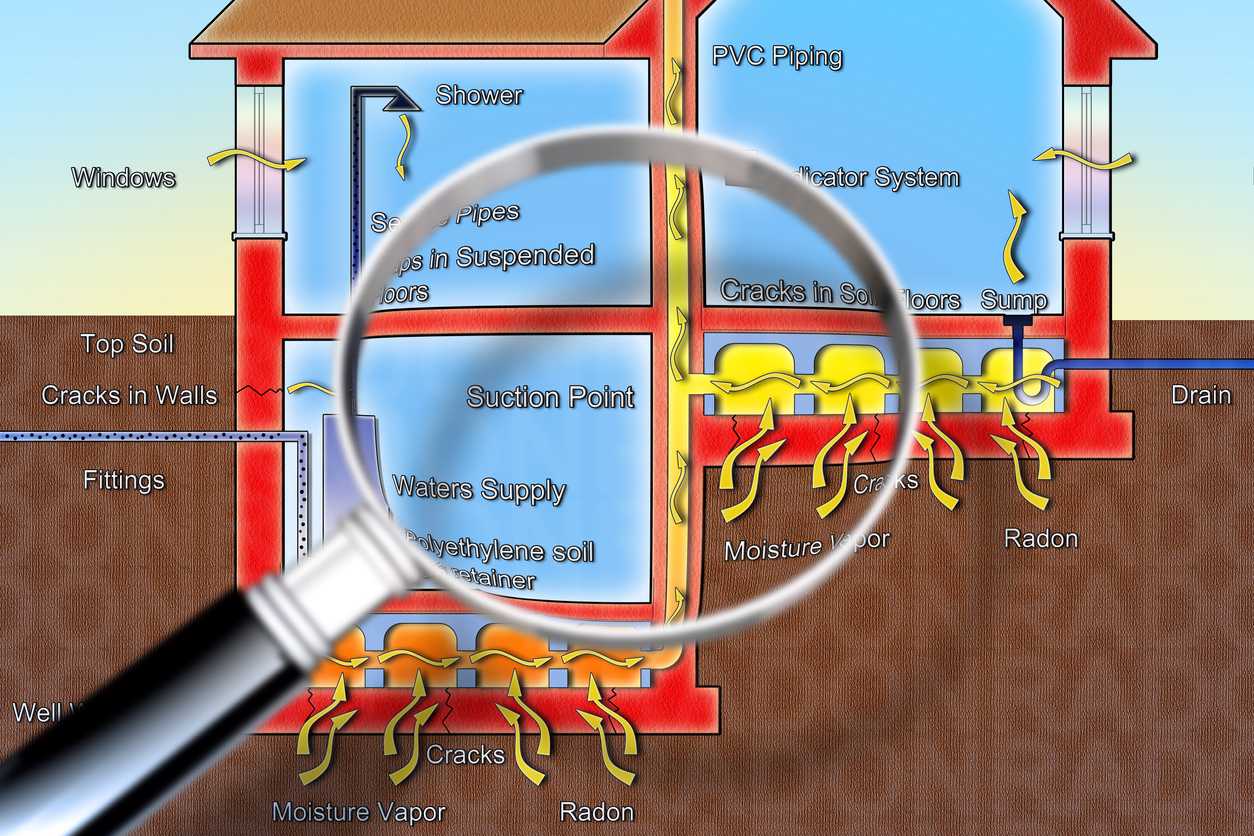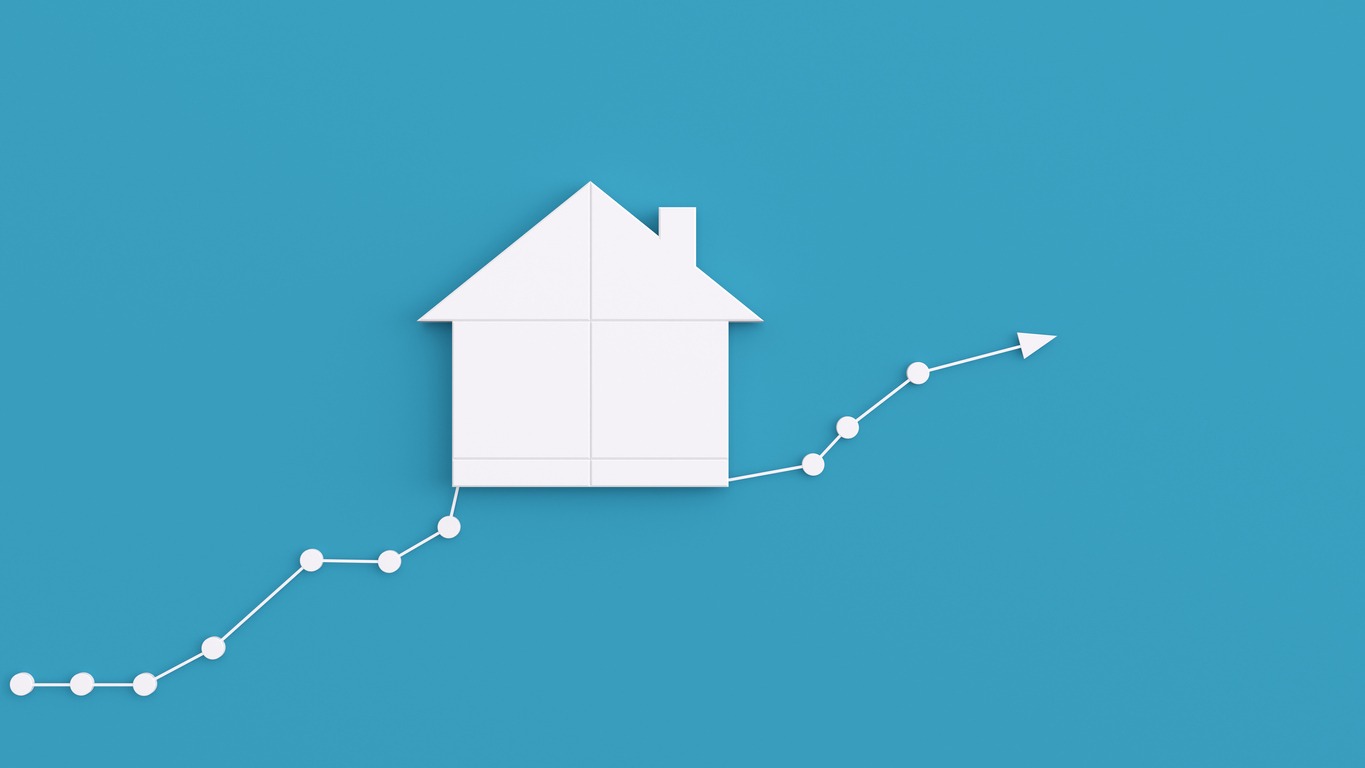Radon has long been an issue for homeowners because of its health-threatening qualities. If you don’t know yet, this invisible, odourless, seemingly harmless radon gas is the cause of at least 3,300 annual lung cancer deaths in Canada. The fact that its harmful effects can go undetected until people, even non-smokers, get a late-stage lung cancer diagnosis is daunting.
Fortunately, research into the problem has yielded effective solutions, as home radon reduction systems offer up to 95% lower readings once they’re installed. At present, homeowners can install radon mitigation systems to drastically decrease the radon levels within their properties.
There is one main concern among homeowners that tends to loom large. Does a radon mitigation system hurt home resale value? If you elect for this feature in your home, will it hurt your chances of selling it for the right price? In some ways, and for those who are properly informed, having a mitigation system will increase your home’s value. It just depends on how you approach and explain the issue.
What Does a Radon Mitigation System Do?
A radon mitigation system is specially designed and installed so that it grants a bypass to the radon particles getting trapped in your home’s enclosed spaces. According to C-NRPP research, this type of system can remove up to 95% of radon gasses from the home.
Can A Radon Mitigation System Hurt The Resale Value Of Your Home?
To be clear, a radon mitigation system won’t hurt the resale value of your home. It shouldn’t turn your property’s potential buyers off, nor will it force you to take a lower offer. Now, you may be thinking, “Having a mitigation system means that my house had radon in the past. Why will it not hurt my home’s selling price to admit there’s a radon problem?”
The thing is, a home that has a history of radon is different from a home that still has radon. If you disclose to a buyer that your home once had radon, the first thing that they will ask is if the problem was resolved. Moreover, how is the place doing now? If you can’t point to any tangible or documented solution, then that’s what will actually hurt the resale value. However, if you opted for a radon-reduction system with a C-NRPP-approved mitigation professional, it should eliminate almost all their worries about still-existing radon. A home that has no system or hasn’t been tested poses far more risk to a potential buyer than one that has shown the homeowner cared enough to take action on this important issue.
Radon Reduction Systems Are A Safety Feature
Now that it’s established that radon reduction systems won’t hurt your home’s resale value, it’s time to explore how radon reduction systems are a safety feature – and a marketable one at that.
Mitigation systems for radon aren’t installed just for the sake of it or just for the homeowner’s assurance. Instead, it acts as a long-term safety feature for everyone that is living or will live on the property in the future. It is designed to continue funneling radon gas from underneath your slab and up through the fan and pipe system.
To add to this idea, you can expect radon mitigation systems to keep you and your family shielded from several health risks, including radiation sensitivity, DNA-level lung damage and, most notably, lung cancer. The lower the Radon levels within the home to lower the risk of long-term lung cancer.
That being said, getting a radon reduction system for your home is a no-brainer. It’s evident that avoiding a mitigation system is not worth the health risks, especially if there are children living within your home.
Radon Mitigation Systems Must Be Built to Professional Standards
Keep in mind that the safety measures of radon reduction systems will still depend on their quality of installation. This means that you have to take aspects like the materials, manufacturer and contractor certification into account.
If you opt for something cheap, you might risk a loss of efficiency in radon reduction, and any resale efforts could be hindered when the buyers’ home inspectors inevitably reveal the shoddy workmanship, specifications falling short of C-NRPP standards, and poor integration with the home. That’s why a radon mitigation system can really only be installed by a radon professional with C-NRPP certification.
To sum it up, no, installing a radon mitigation system in your home won’t hurt its resale value. In fact, it may even become one of the main selling points of your property from a safety perspective. This is because a lot of potential buyers consider this as a health feature, which makes it a home improvement rather than a warning sign. Simply put, you solved a problem they didn’t know they might have had. The dangers of radon are not universally known yet, but a wider awareness is gathering, particularly in the real estate industry.
Another thing to note is that although it’s a serious threat, it can easily be eliminated with proper tools and experience. The fact that you have a bespoke mitigation system for the home is already a positive sign for interested real estate buyers, especially ones who hope to call your place home after the sale.
Note, though, that the quality of the mitigation system that you will use may affect your buyer’s response. This is why you should ensure that you’re installing a high-quality one, so you can make the most out of its value and ensure great results.


